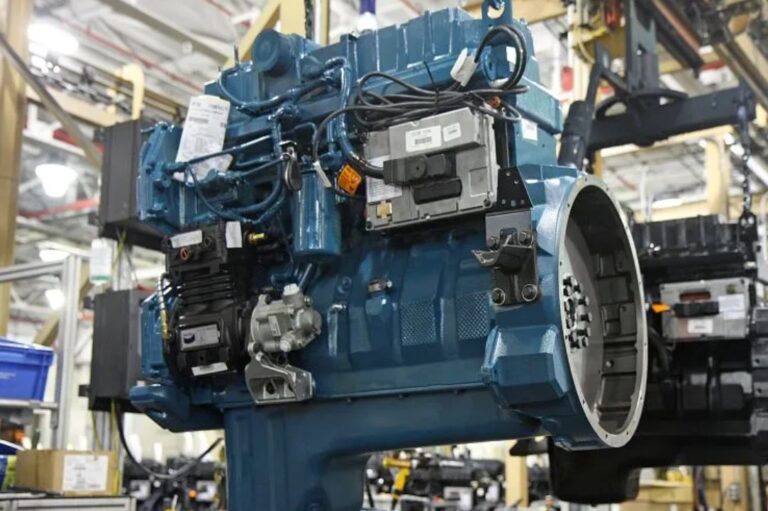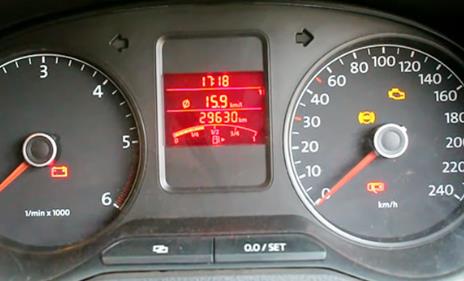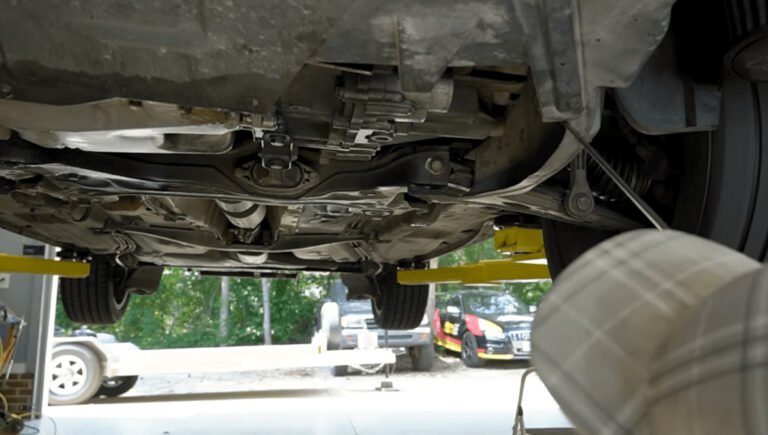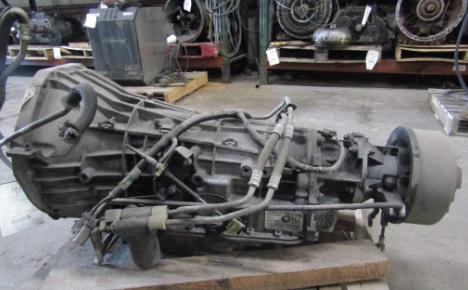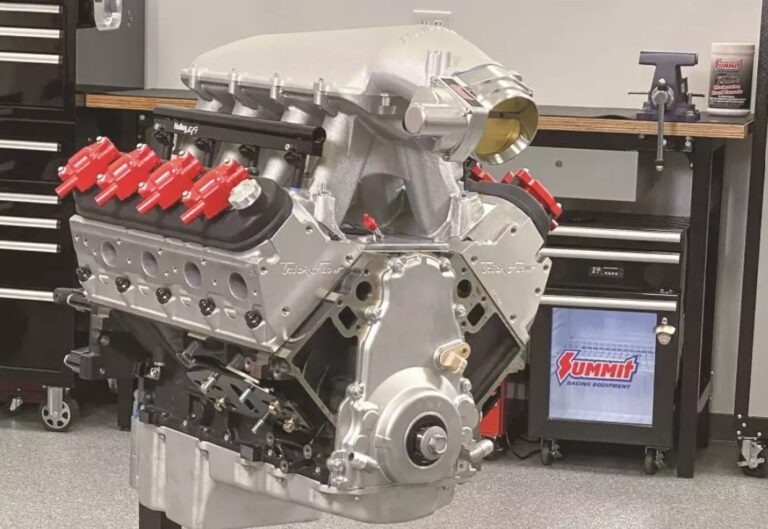Is Revving Your Engine Illegal? All You Need To Know
Revving your engine, a common act often associated with powerful vehicles and enthusiastic drivers, raises a critical question: Is Revving Your Engine Illegal? While it may seem like a harmless action, the legality of engine revving varies depending on local noise ordinances and specific circumstances. Understanding the legal implications is essential for vehicle enthusiasts and everyday drivers alike.
Key Takeaways
- Revving your engine can be illegal based on local noise ordinances.
- Specific circumstances, like time and location, influence its legality.
- Excessive revving may lead to fines or legal action.
- Knowledge of local laws is crucial to avoid legal issues.
Is Revving Your Engine Illegal?
The legality of revving your engine largely depends on local laws and circumstances. In many areas, revving your engine is illegal if it violates noise ordinances, causes a public disturbance, or is deemed reckless driving.

The time, location, and manner of the revving are significant factors in determining its legality. In residential areas or during late hours, it is more likely to be considered illegal. Therefore, while not inherently illegal, engine revving can be unlawful under certain conditions.
Legal Considerations
Noise Ordinances and Engine Revving
Many regions have strict noise ordinances that explicitly prohibit excessive noise, including loud engine revving. These laws are often enforced to maintain public peace and prevent noise pollution. Violating these ordinances can result in fines or legal action.
Context Matters: Time and Location
The legality of revving your engine also depends on the time and location. Revving in residential areas during late hours is more likely to be deemed illegal compared to doing so in industrial zones during the day.
Impact on Public Peace and Safety

Disrupting Public Peace
Excessive engine revving can be considered a public nuisance, disrupting the peace and tranquility of a community. This disruption can lead to complaints and potential legal consequences for the driver.
Safety Concerns
Revving an engine, especially in crowded areas, can pose safety risks. The loud noise can startle pedestrians and other drivers, potentially leading to accidents.
Engine Revving and Vehicle Laws
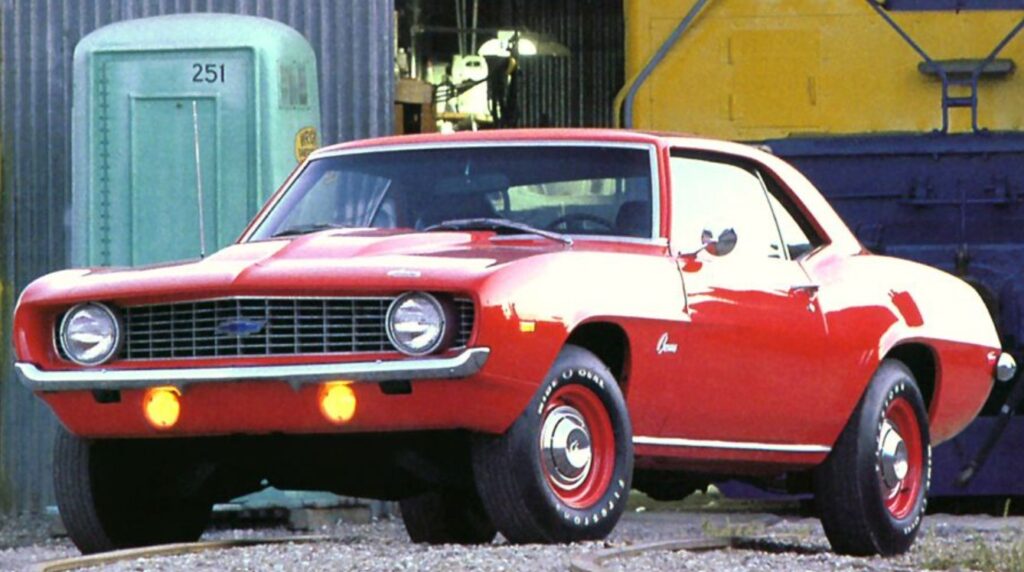
Vehicle Modifications and Legal Limits
Some jurisdictions have specific laws regarding vehicle modifications, including exhaust systems that amplify engine noise. It’s crucial to understand these laws to ensure your vehicle complies and avoid legal issues related to engine revving.
Legal Consequences of Excessive Revving
Drivers who excessively rev their engines may face fines, penalties, or even vehicle impoundment in extreme cases. Awareness of these consequences is key to responsible vehicle use.
Comparing Jurisdictions
Variations in Legal Stance
Laws regarding engine revving vary significantly across different states and countries. Some regions may have more lenient regulations, while others enforce strict limitations.
Case Studies: Enforcement in Action
Examining specific cases where drivers faced legal action for revving their engines provides valuable insights into how these laws are enforced in practice.
Is Revving Your Engine A Threat?
Revving an engine, particularly in an aggressive or uncontrolled manner, can indeed be perceived as a threat in certain contexts. It’s not just about the noise, but also about the implied behavior and potential risks associated with it.

Firstly, from a public safety perspective, aggressive engine revving can be alarming and intimidating to pedestrians and other motorists. The sudden, loud noise can startle individuals, potentially leading to accidents, especially in crowded or urban areas. This aspect of engine revving is not just a nuisance but can be considered a threat to public safety.
Moreover, in some communities, revving an engine, especially in a manner that seems aggressive or threatening, could be interpreted as a form of disturbance or even harassment. Such behavior can contribute to a sense of insecurity and discomfort among the public.
Law enforcement agencies and legal systems often take such perceptions into account, especially in cases where engine revving is coupled with other aggressive driving behaviors like speeding or reckless driving.
Additionally, from an environmental standpoint, aggressive engine revving can contribute to noise pollution and increased emissions. These environmental impacts, while not immediately threatening in a physical sense, contribute to broader public health and environmental concerns.
Is It Illegal To Rev Your Engine Like A Jerk?
Revving your engine in a manner that is deemed aggressive, disruptive, or unnecessary – often colloquially referred to as revving “like a jerk” – can indeed cross the legal boundary in many jurisdictions. The legality of such actions largely depends on local laws and ordinances, particularly those related to noise pollution and public disturbance.
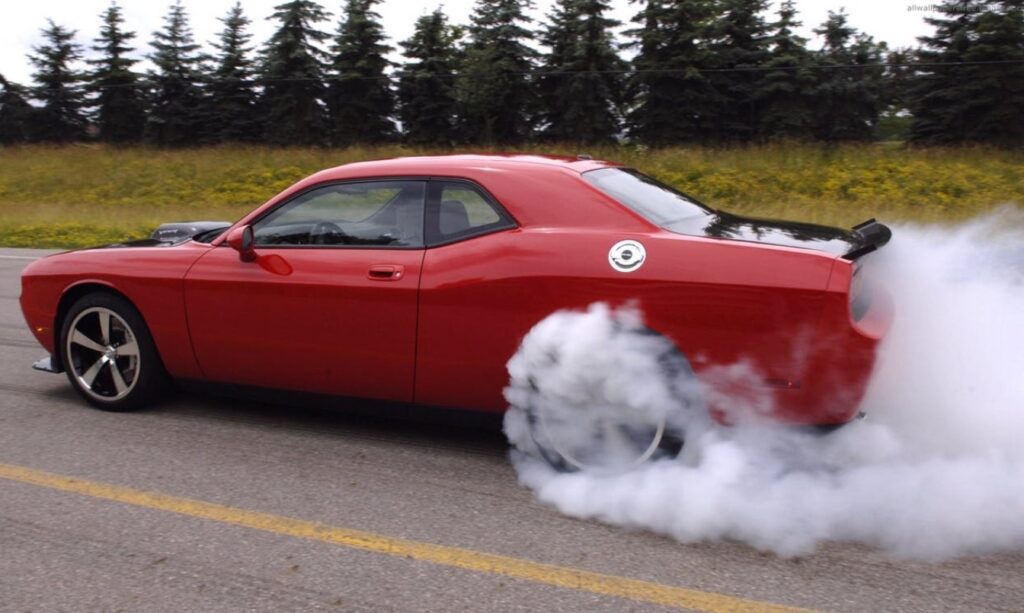
Many cities and towns have noise ordinances that set specific decibel levels for residential, commercial, and industrial areas. Exceeding these levels, which can easily occur with aggressive engine revving, can lead to fines or other legal consequences.
These laws are often more strictly enforced during night hours or in residential areas, where the disturbance caused by loud engine noises is more impactful.
Furthermore, aggressive engine revving can sometimes be classified under broader traffic violations such as reckless driving or disturbing the peace.
This is particularly true if the behavior is part of a pattern of unsafe driving or if it poses a direct risk to the safety of others. In such cases, the penalties can be more severe, ranging from significant fines to license suspension or even criminal charges in extreme cases.
It’s also worth noting that law enforcement’s response to such behavior can vary based on context. For instance, a single instance of loud revving at a car show might be overlooked, whereas repeated revving in a quiet neighborhood late at night is more likely to attract legal attention.
Conclusion
In conclusion, is revving your engine illegal? The answer is not straightforward and depends on various factors, including local laws, time, location, and the manner of revving.
To avoid legal issues, it’s crucial to be aware of and comply with local noise ordinances and vehicle regulations. By understanding the legal landscape, drivers can enjoy their vehicles responsibly while respecting public peace and safety.
Top FAQ’s
Does Revving in Neutral Reduce Legal Risks?
Revving in neutral doesn’t necessarily reduce legal risks. The legality concerns the noise level and disturbance caused, not whether the vehicle is in motion or stationary. Revving in neutral in a quiet neighborhood can still violate noise ordinances.
What Should I Do If I’m Fined for Engine Revving?
If you’re fined for engine revving, it’s important to understand the specific violation and the local laws you’ve breached. You may consult with legal counsel, especially if you believe the fine is unwarranted. Paying the fine promptly or contesting it legally are the typical courses of action.
How Can I Legally Enjoy Revving My Engine?
To legally enjoy revving your engine, do so in areas where it’s allowed, such as private properties (with permission) or designated automotive events. Always ensure your vehicle’s modifications comply with local laws and that your actions don’t disturb the peace.
Can Revving Your Engine Lead to Arrest?
While rare, extreme cases of engine revving, especially when combined with other illegal activities like street racing, can lead to an arrest. This usually occurs when revving poses a significant public safety risk or is part of a larger pattern of unlawful behavior.

Matt Rex brings 12 years of specialized automotive expertise, holding a professional degree in Automotive Engineering Technology. As the founder of Turbochaos, he delivers comprehensive diagnostic services, performance optimization, and fleet maintenance solutions, backed by advanced certifications in hybrid/electric systems and ADAS technology. Its innovative methodologies have earned industry recognition while maintaining a 98% customer satisfaction rate.


